Professional tile sealing that actually prevents stains, extends surface life, and keeps your floors looking pristine.
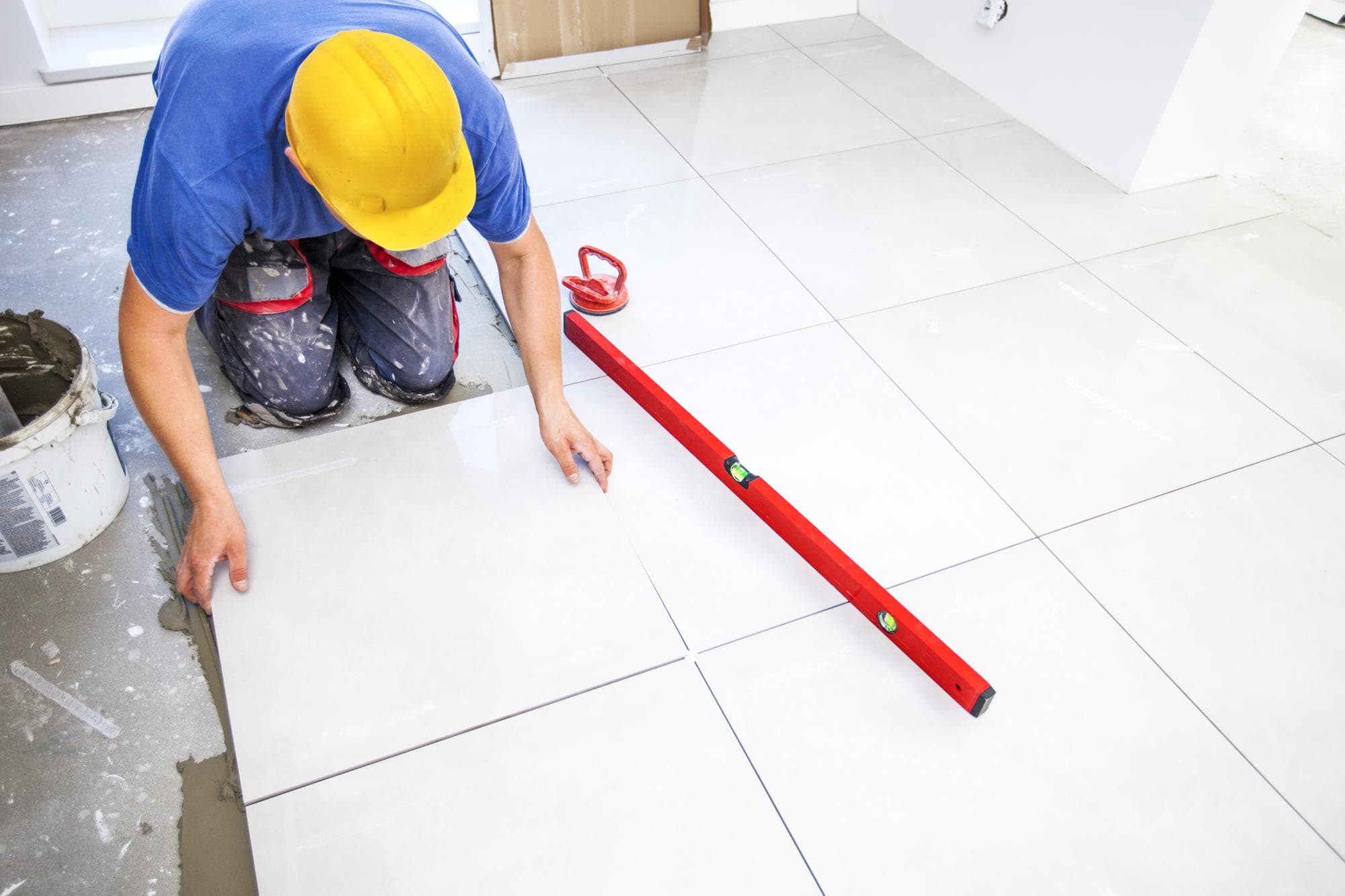
Hear from Our Customers
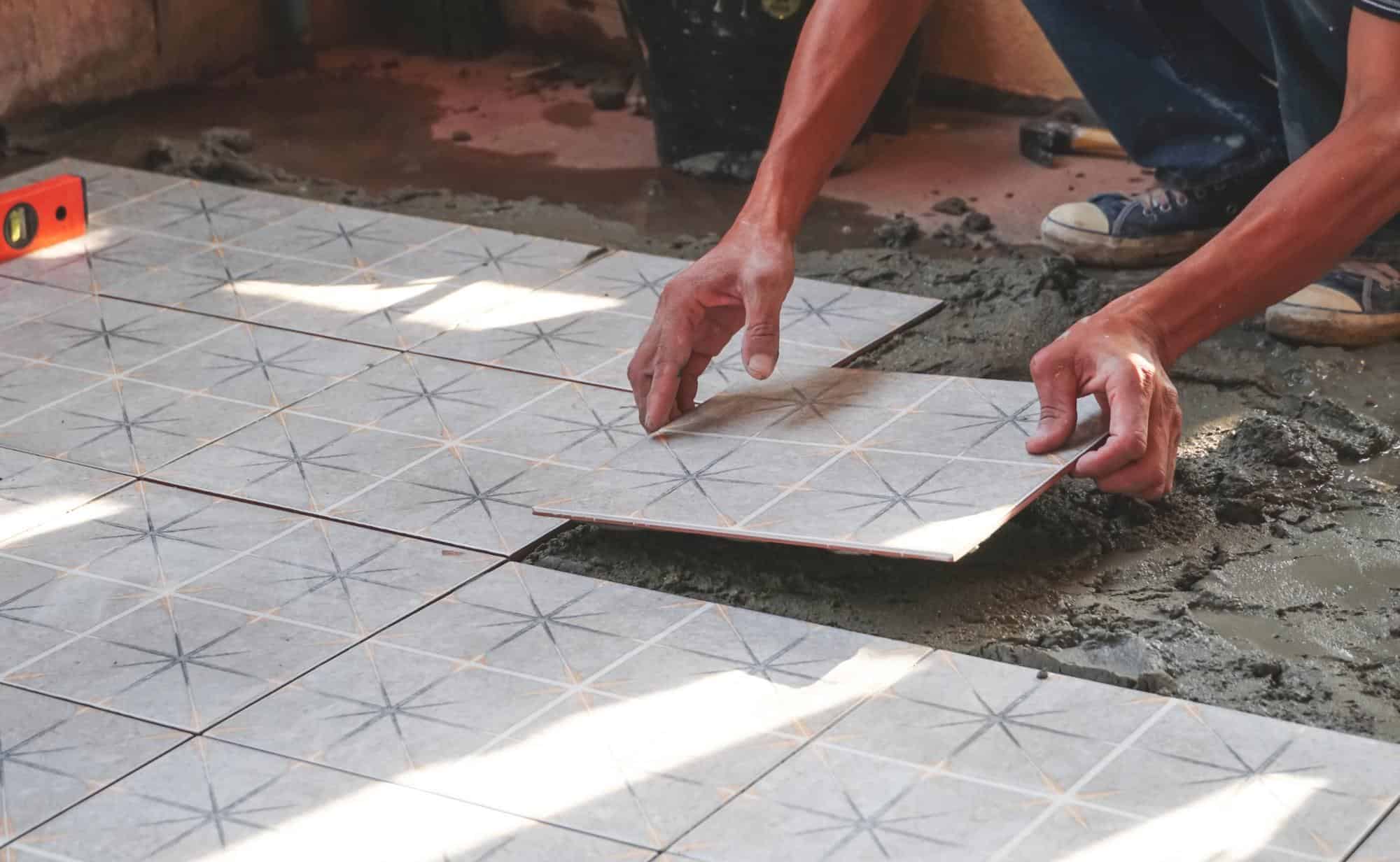
Your tile and grout stay cleaner, longer. Spills wipe up instead of soaking in. Coffee, wine, and everyday mishaps don’t become permanent reminders on your floors.
Sealed surfaces resist mold and mildew growth, especially crucial in Pelham Manor’s humid climate. You spend less time scrubbing and more time enjoying your home.
The right sealer creates an invisible barrier that lets your tile breathe while blocking stains. Your investment stays protected, and your surfaces maintain that fresh, clean appearance that matches your home’s value.
Diamond Stone Restorations Corp has been serving discerning homeowners throughout the NYC area for over a decade. We understand the unique challenges of maintaining high-end surfaces in Pelham Manor’s historic homes.
Your pre-war architecture and valuable tile installations deserve specialized care. We’ve worked on countless properties where standard approaches simply don’t cut it.
Our family-owned business brings professional-grade materials and proven techniques to every project. When you’re dealing with surfaces that represent a significant investment, experience matters.
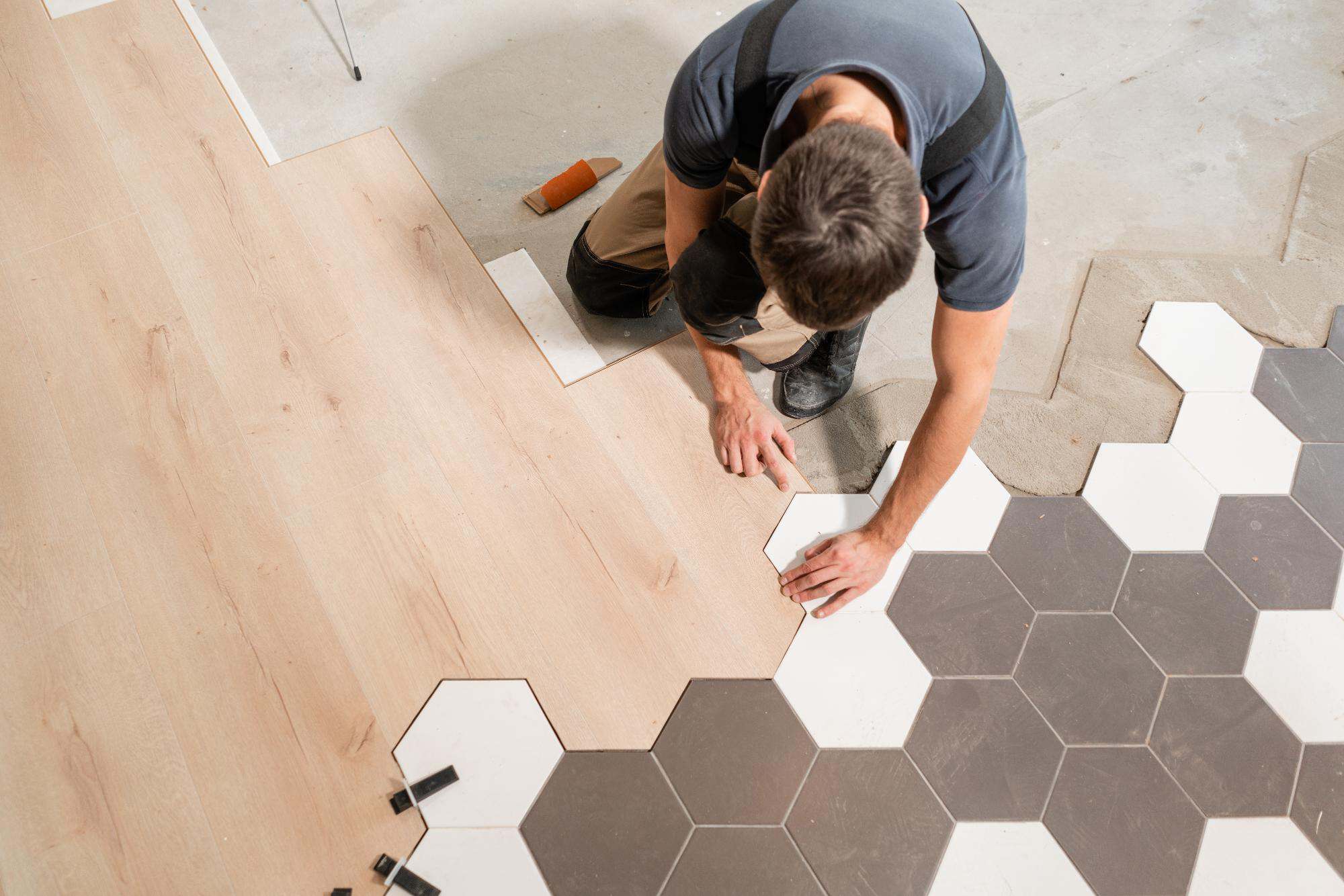
First, we thoroughly clean your tile and grout to remove any existing buildup, stains, or residue. This step is crucial because sealer won’t properly bond to dirty surfaces.
Next, we apply professional-grade sealer using specialized equipment that ensures even coverage. We work methodically, sealing grout lines and porous tile surfaces with precision.
The sealer penetrates deep into the material, creating a protective barrier from within. We allow proper curing time—typically 24-48 hours—before your surfaces are ready for normal use. You’ll notice the difference immediately: water beads up instead of soaking in, and cleanup becomes significantly easier.
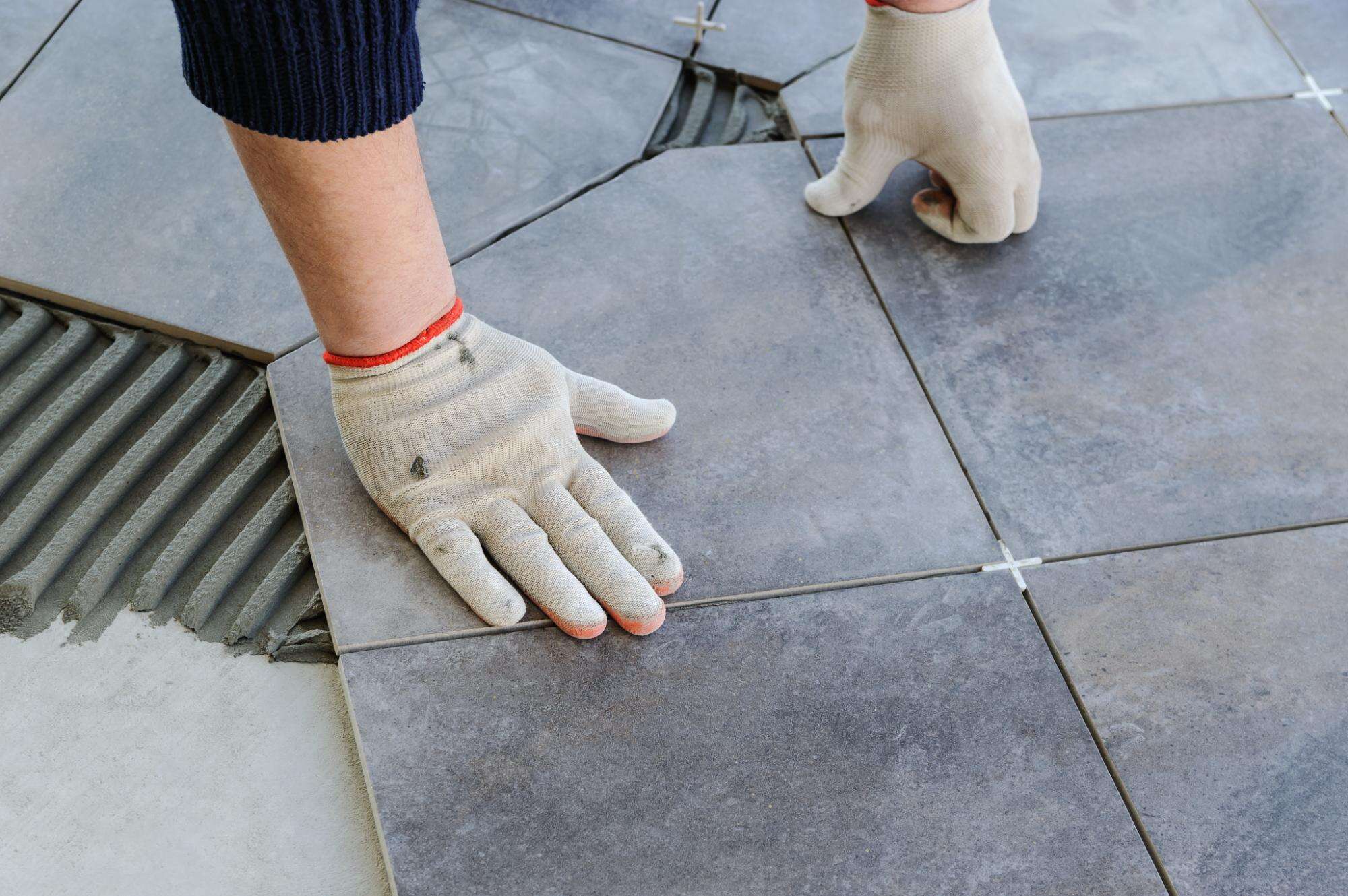
Ready to get started?
We seal all types of tile surfaces: ceramic, porcelain, natural stone, and specialty materials. Each material gets the appropriate sealer—what works for ceramic won’t necessarily work for marble or travertine.
In Pelham Manor’s competitive real estate market, maintaining your surfaces isn’t just about appearance—it’s about protecting your investment. Properties here average $1.4M+, and buyers expect pristine conditions.
Our service includes grout sealing, which is often the most vulnerable area. Grout is porous and absorbs stains quickly, but proper sealing makes it nearly maintenance-free. We also handle tile surfaces that need protection, particularly unglazed ceramics and all natural stone installations.
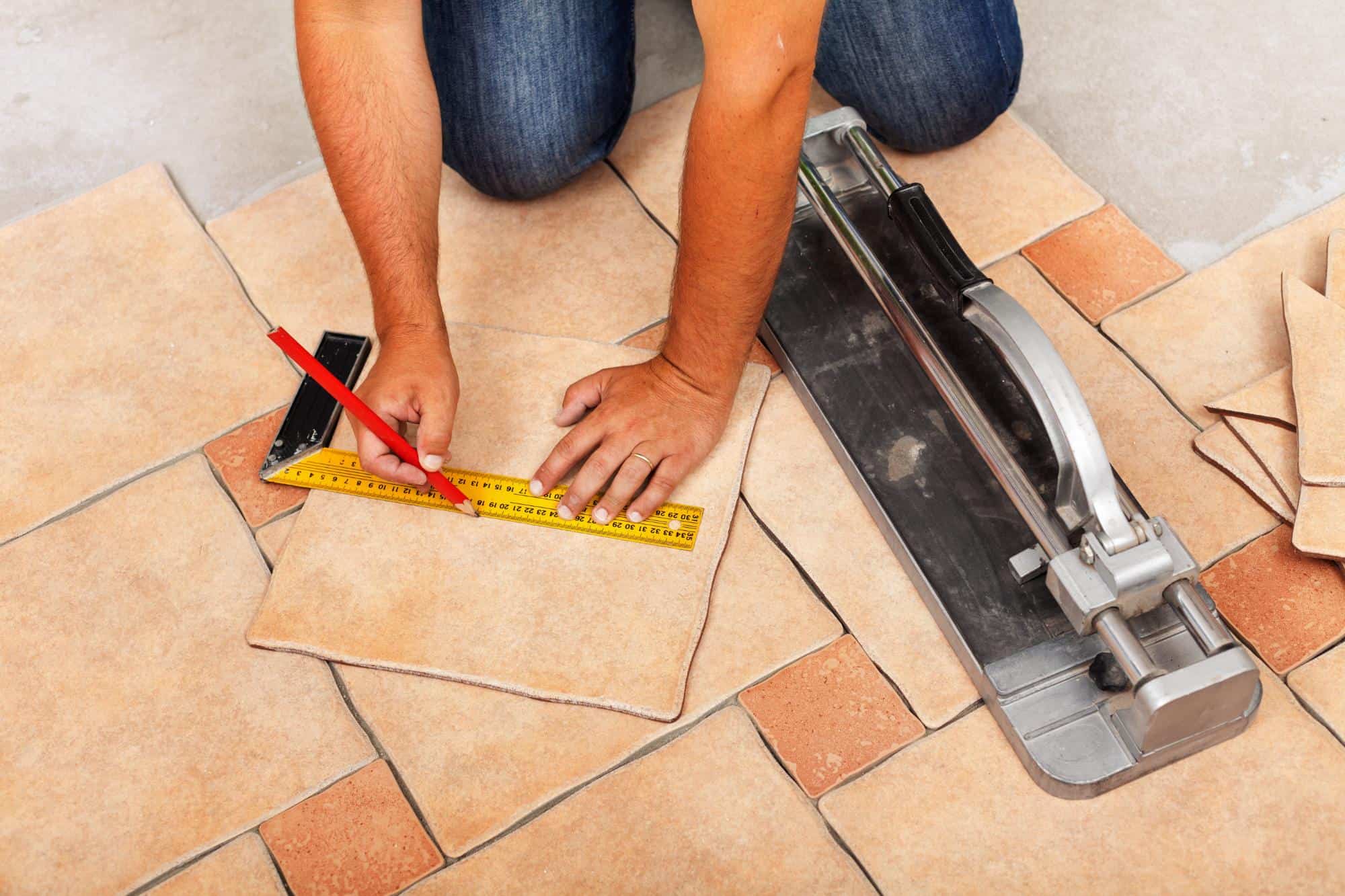
Ready To Restore The Beauty Inside Your Stone?
Show the beauty of your stone and your floor when you get help from DSR. Let’s work together to give you the best results possible. Contact us today!
Diamond Stone Restorations Corp
Company
Support
Useful Links